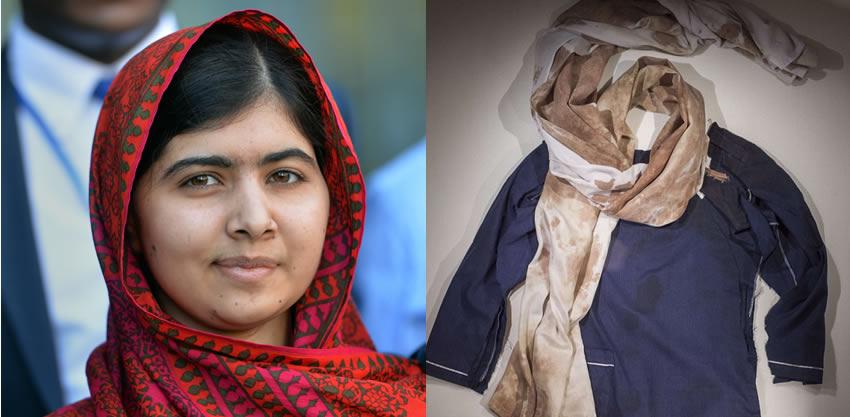 Shock and Awe ended today with a New Dawn. Shock and Awe was the military doctrine which determined how the invasion of Iraq was fought, back in 2003: with overwhelming force. Operation New Dawn is what today replaced Operation Iraqi Freedom as the title for whatever it is the 50,000 American troops remaining in Iraq are going to do from here on in (their mandate is ambiguous).
Shock and Awe ended today with a New Dawn. Shock and Awe was the military doctrine which determined how the invasion of Iraq was fought, back in 2003: with overwhelming force. Operation New Dawn is what today replaced Operation Iraqi Freedom as the title for whatever it is the 50,000 American troops remaining in Iraq are going to do from here on in (their mandate is ambiguous).
The tone was appropriate. In principle, today marked the transfer of military power from American to Iraqi generals. More important, for the future of America, of the Western Alliance, of the world – if that is not too pompous – was the transfer of vocabulary from violence to the touchy-feely talk of nation-building and brotherly love.
General Ray Odierno, departing commander of American troops in Iraq, spoke of the American captain who risked his life to ensure the rescue of his Iraqi colleague, felled in a hail of Al-Qaeda bullets. Vice-President Joe Biden addressed himself to the folks back home who so missed their loved ones serving in the desert. Go home to Lindy, he urged Gen. Odierno. “You owe her big time,” he added – since Gen. Odierno has spent 55 months of the last seven years in Iraq. Sweet.
There was lots of talk of politics – and of the glorious past and great future of Iraq, now that its people had shown their willingness to exercise their vote and seize control of their own destiny. There was insistence that in this struggle the Americans and the Iraqis would be bound together irrevocably.
And that’s how it ought to be, of course. We live in a different time from seven years ago, seven years in which a key part of the American Project, to impose its values across the world, by force if necessary, has been shown to be deeply flawed. The neo-con dream, that freed from the shackles of dictatorship peoples the world over would rally to the flag of democracy and the free market, has died.
Obama has replaced Bush. Co-existence has replaced hegemony.
On the other hand, I took no real sense from today’s events that they were something that would live in memory, like the last helicopter flights from Saigon. I suspect that that this symbolic end of the military debacle in Iraq is not quite the moment portrayed by those who talk about the inevitable decline of American power, the remorseless shift of influence from West to East.
Too often, the wish is father of the thought. There is no point in thrashing over once again the rights and wrongs of the Iraq War, the deceptions – so obviously deceptions, despite our own willingness to pretend to believe them at the time – over WMD, the massacres, the destruction of principles of sovereignty, the long-sought removal of Saddam Hussein.
But the one solitary mention yesterday of the tens of thousands of Iraqi dead, spoken in one of Saddam Hussein’s palaces, converted to the US military headquarters, brought me up short to this almost forgotten truth.
Seven years ago, the United States, in three short weeks, destroyed an army, a dictator, and in the end a country, on the other side of the world; a far distant country of which it knew little, one with its own history, and one that above all was regarded as a power, a force to be reckoned with, to be feared by its neighbours. Forget the failure, regrettable though it may be, to build a nation afterwards. Forget the 4,400 American dead (compared, remember, to 50,000 in Vietnam). Forget the shoes thrown at President Bush.
America destroyed a people and country with no more effort on the part of its president than it takes me to crush a fly. Could, or would, any other country do that? Could any country, moreover, have had those people stand up today and say they are friends, irrevocably bound? I still don’t fully know whether that’s chutzpah, brilliant or disgusting. Shock and awe though, it does – me at least – Telegraph











